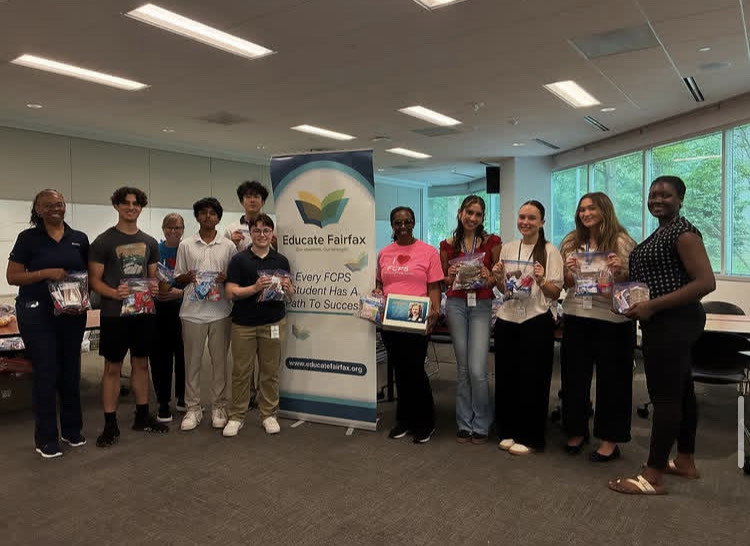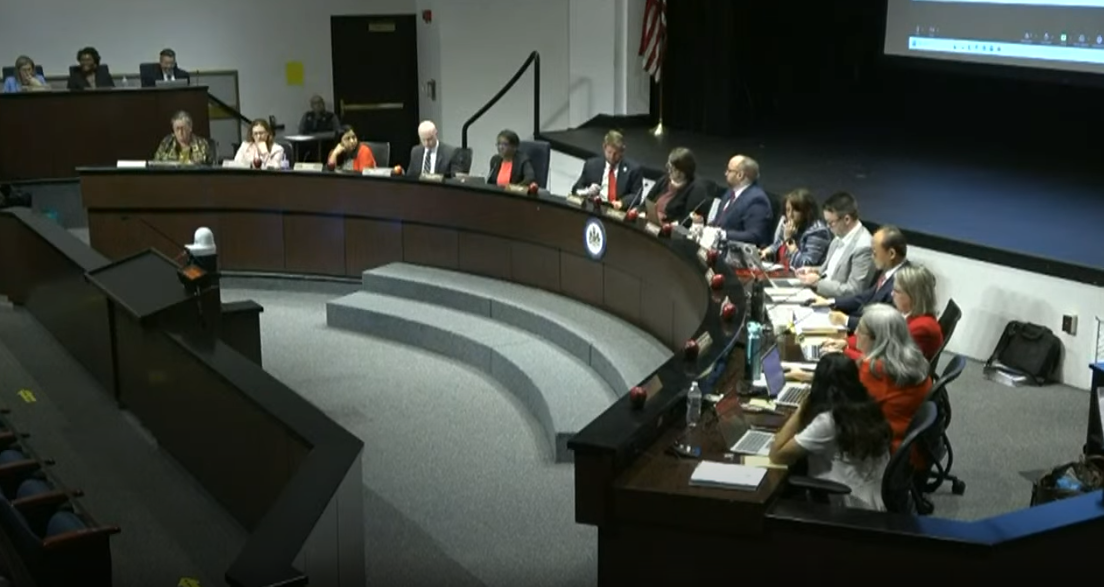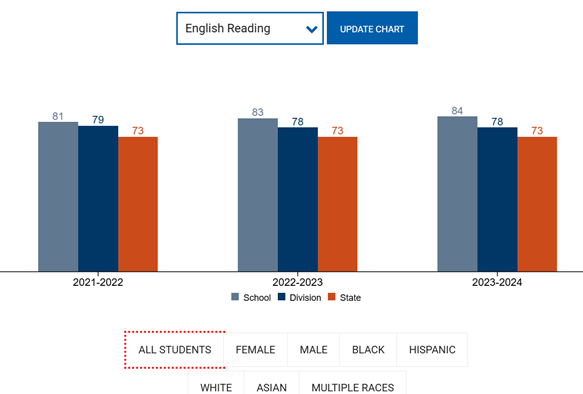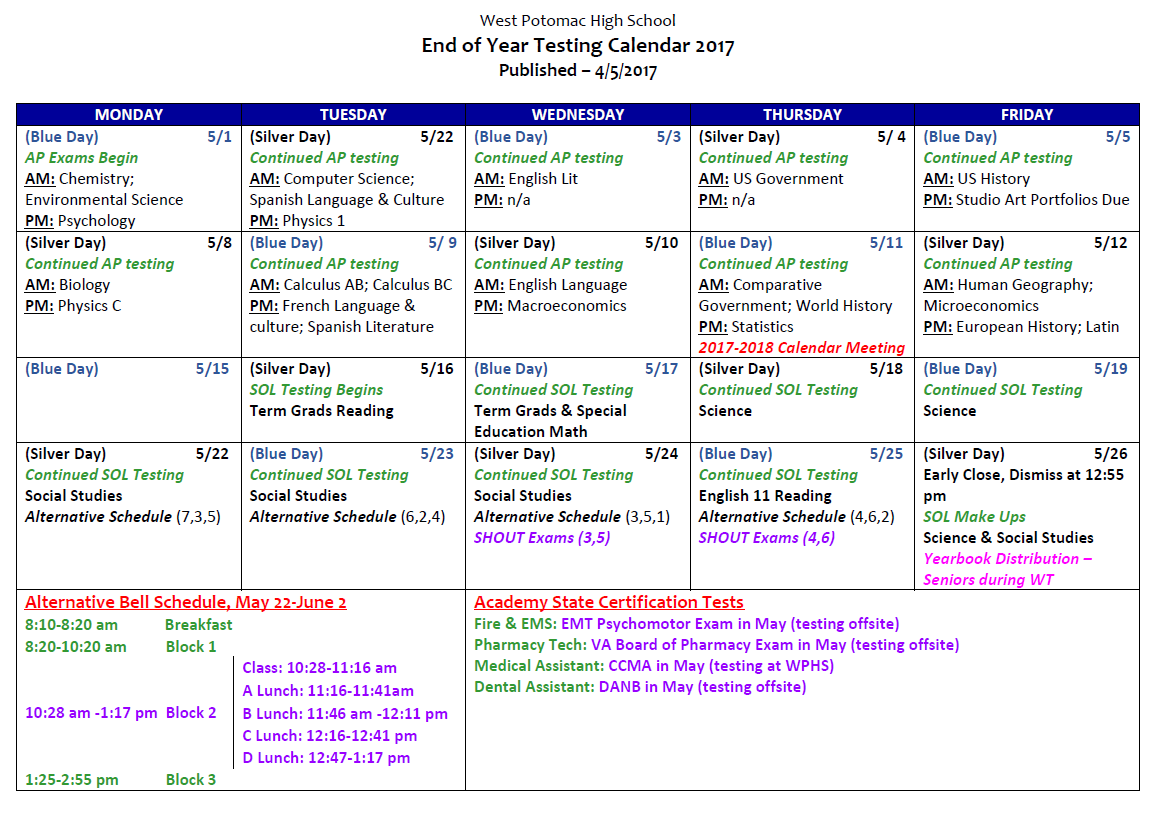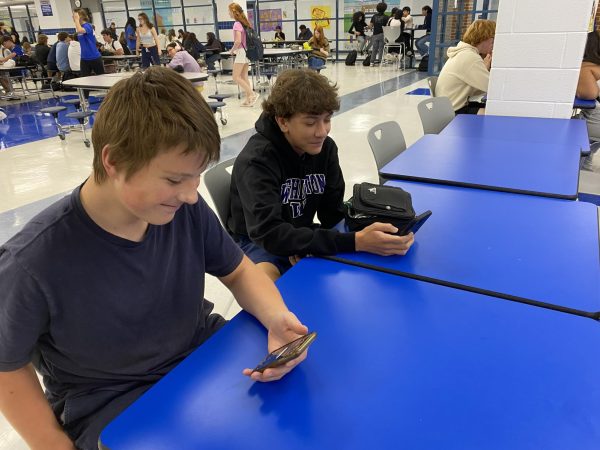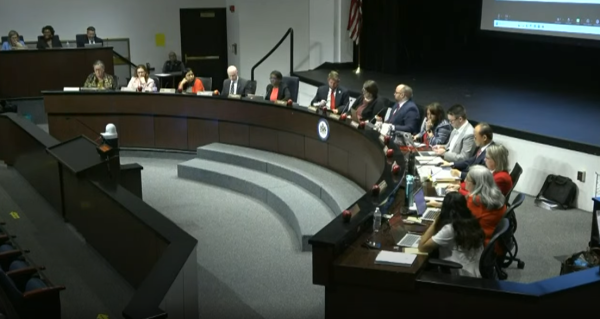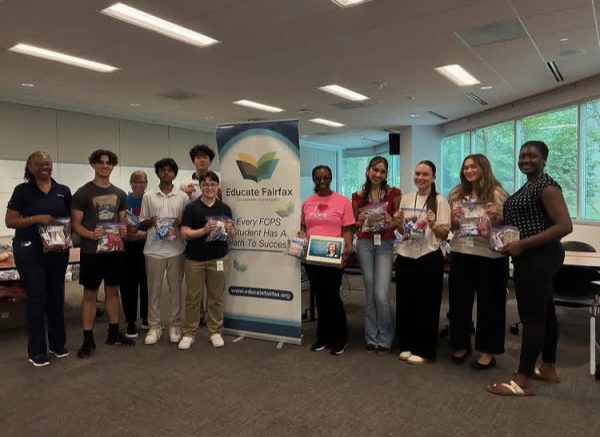How Teachers are Dealing with New Scheduling and Absences
May and June are two of the most academically demanding months of the year for students with AP exams, SOLs, final exams, and the wrapping up of 9 months of learning. Although, this time of the year isn’t easy for the teachers either. Planning around testing absences and navigating a new schedule can be quite difficult. Often, teachers will have to make changes to their usual day’s teaching to cope with the classroom changes.
English teacher Ms. Miller said, “Usually I plan two weeks in advance. I make my own little calendars on Microsoft Word, and put down what I’m going to be doing and what kind of materials I need. Well, when they gave us the schedule for SOLs and APs, I used that schedule to do my calendar instead of a formal, 2-week calendar.”
Planning ahead of time is one of the essential attributes of a good use of class time, and Mr. Feinstein, AP US History teacher, among other things, feels the same.
“The whole year is planned out at the end of August, so I know what we are going to be studying, and week by week, lesson by lesson, what activities we are going to be doing. It is very structured, it gives students the comfort and confidence of knowing that we are going to study everything that we need to and that if they are absent, that they know what they missed.” Feinstein said.
Because of testing, some students have to be at other places, so it is important that the limited time in the class is spent constructively.
“The students have to be where they have to be. If they have to be elsewhere than my class, then I respect that, and what I have to do is support them. What I always try to do is make the class valuable. We always do something worthwhile in class every day of the year until the last day of school. If half the class is absent, I have to think of something else to do that will be valuable for the students in class, and it won’t make the students who have to be somewhere else, regret having to be somewhere else.” Feinstein said.
Absences resulting from AP testing is something that teachers have had to work around, and it seems that online work is a way that helps teachers reach their students.
“I put a lot of reliance on posting things to Blackboard so that students can look for all the materials that we look at in class. I always make sure to overlap, so things that students might have missed on a particular day, we will maybe go over a little bit before we move forward.” Feinstein said.
Aside from increased absences due to testing, starting May 22nd, the alternative bell schedule will be put in place, increasing class time, and minimizing class periods to three a day. Teachers are already planning for this change ahead of time, assigning time-consuming, end-of-year projects.
“I definitely do not need to spend that much time with any of my classes. I do not think that it really works for any grade. I get that we need to do it for the tests, but we will have a normal class and stop when we are done, and then there is pretty much nothing else to do, because people are going to be fried by then, at the end of a lesson.” Miller said.
With the larger class time, this will have some major benefits for Ms. Miller’s English classes.
“It does give me more time to speak to each kid and talk about their assignment. Also, kids that do finish ahead of time can help me with stuff around the room, such as organizing.” Miller said.
Towards the end of the school year, Mr. Feinstein, like Ms. Miller, will be implementing an end-of-year project.
“In one of my classes we are doing a really big art project, and are taking advantage of the fact that we have a two hour block to start the morning. You always make use of the time that you are given so those days we are going to do a project, on other days we are going to do other activities. The point is always making school meaningful so that students will feel that it [coming to class] is good use of their time.” Feinstein said.
Though the school year may be coming to an end, time in class is still necessary, even after exams.
“I never want to waste anyones time, I want them to come feeling like they want to be in class and feeling like it was worth it.” Feinstein said.


